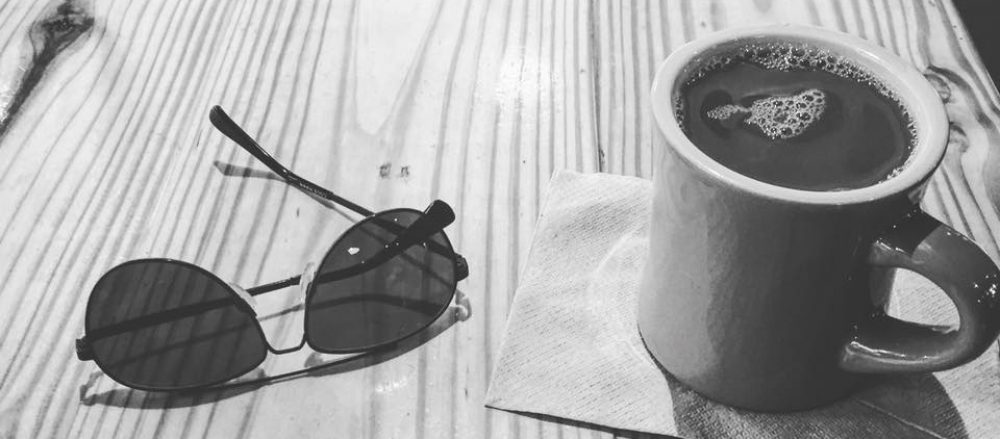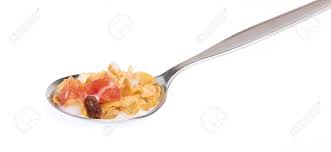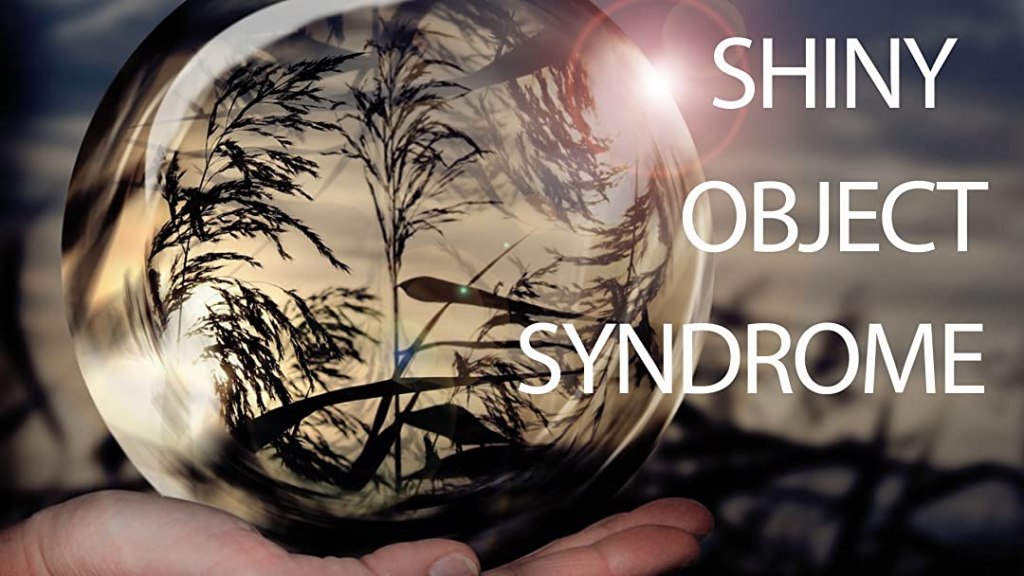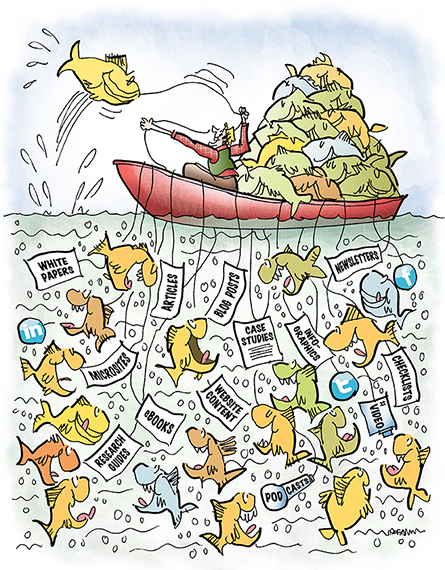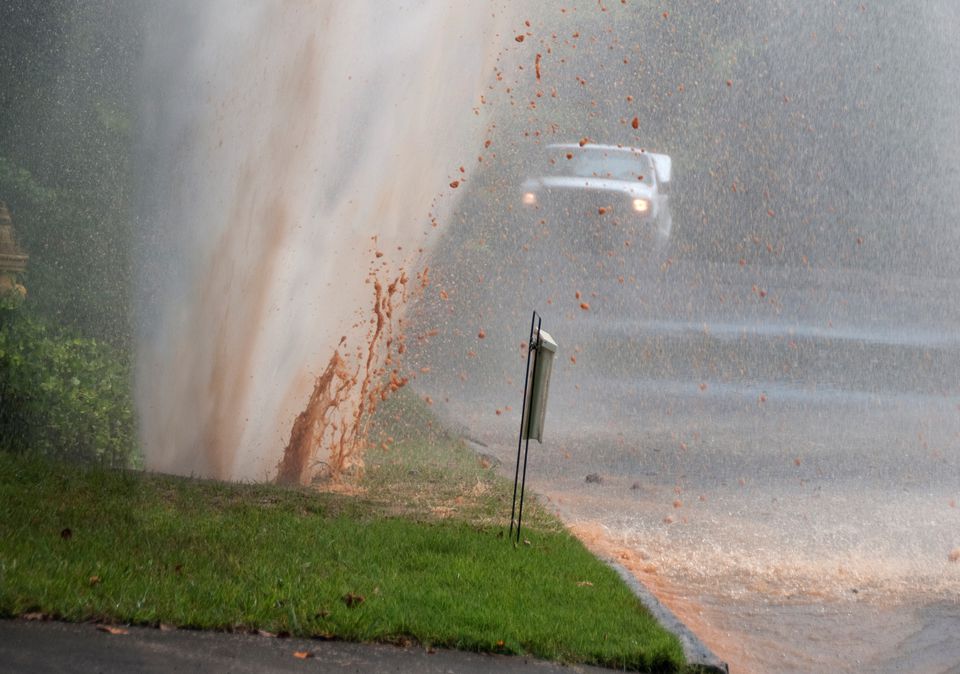
I do not think eating meat is necessarily bad nor immoral.
It can be both of those things, I think. In fact, I’d probably guess that most of our meat-raising/harvesting practices are both bad (for the environment as well as the animal) and immoral (for all living parties involved).
But it isn’t, necessarily.
Like all good things, though, what was an occasional practice has now taken on an everyday nature in our world of instant access. I remember my grandmother telling me that she was taught that a meal included a “meat and two sides, one of them green.”
What she didn’t realize, though, was that idea was a novelty that basically started with her generation. Previous generations subsisted on far less meet, and far more grains and vegetables. They were cheap, easy to make, and kept you alive.
We’ve switched that all around now, though, especially in the West, and it’s rare that I don’t see meat in most meals, whether in the home or outside the home.
“Can we do a vegetarian month?” Finn asked me the other day. He’s not a meat lover. Oh, he’ll eat it, but he’s not in love with it. He’s just as happy with a good veggie lasagna as he is with one containing sausage. And he’ll happily scarf down salad where the protein is provided by beans or lentils.
We’ll probably end up doing a veggie month sometime this summer. But even if we don’t do a full month, we’re determined as a family to eat less meat (and this is coming from someone who loves to smoke and grill!). And we’ll do it for a few reasons…
First, meat is expensive. And the cheap meat is usually the worst for you, honestly, so even if it’s affordable your body can’t really afford it. We forget that when we eat an animal we are also eating what they ate. This is why grain-fed animals are actually pretty bad for you (and a ton of grain is bad for the animal! Evolutionarily they aren’t made to live off of that, you know?).
Also, too much meat is just not great for you. Balance, like in surfing and tight-rope walking, is key here. Too much of our plate is taken up by that monster steak. You can have one…sometimes, I do! But if I do, I probably shouldn’t have much more meat the rest of the week. Make the meat the smallest thing on your plate, and leave it off most plates you see in front of you.
And another thing: meat is not awesome for the environment. Chicken dung pollutes like crazy, which is why big commercial farms are having to be really inventive to get rid of the stuff. Pork is leading the desertification of land in once fertile areas. And, when you think about it, the more land dedicated to raising meat, the less land we have to dedicate to growing other food, especially food that isn’t food for that meat we’re raising!
This Holy Week we’re going wholly without meat in the house. And, yes, that includes fish because, well, overfishing is a huge problem, too.
I like eating meat. I don’t think it’s necessarily bad or immoral. But it can be both, and probably often is, and because of that we need a little reset here…
